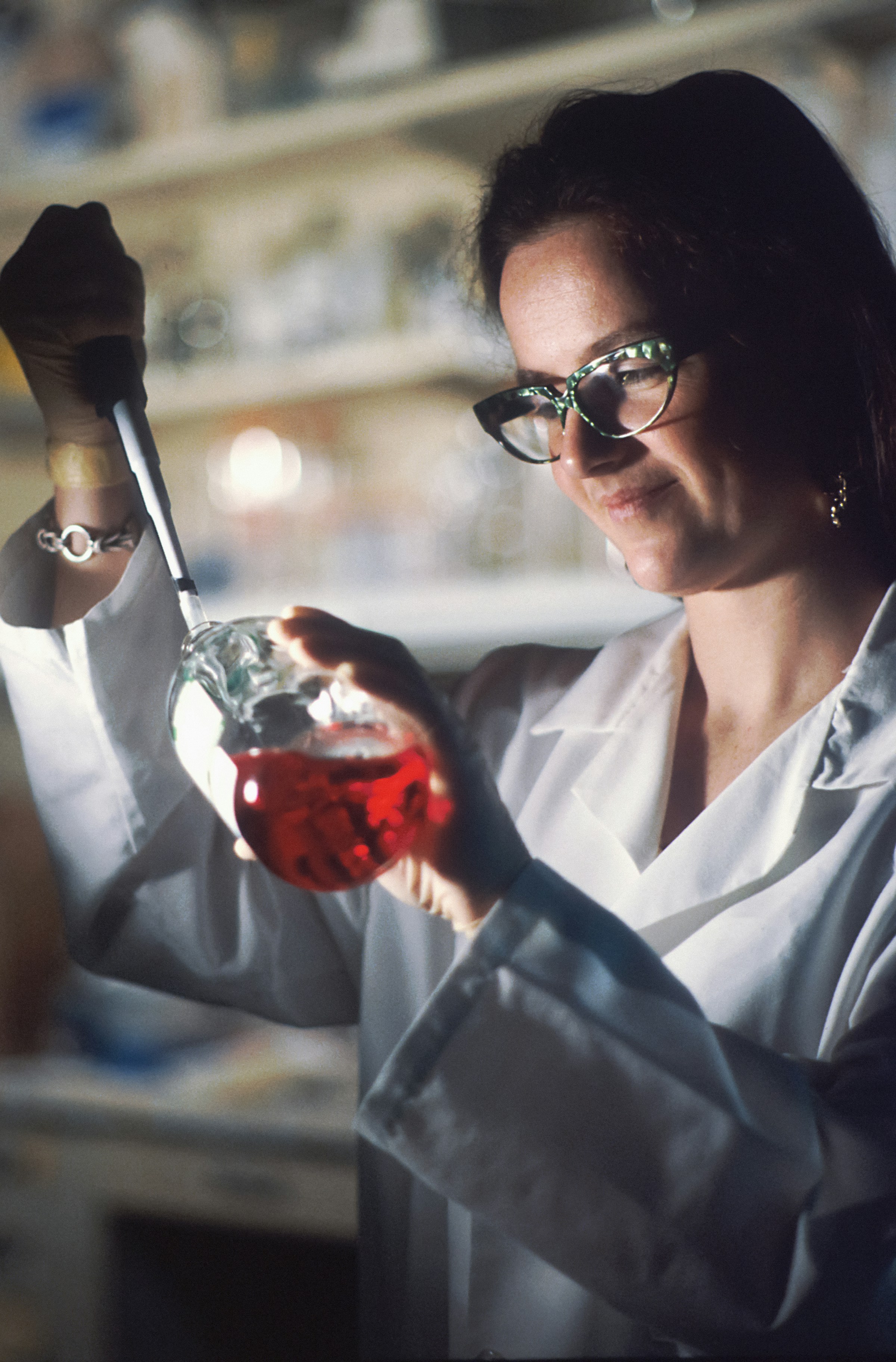Breast cancer screening

Breast cancer screening
Answer a few questions to help us understand your needs and provide the most relevant testing options. Our advanced algorithm analyzes your responses to recommend personalized medical tests.
Have you noticed any lumps or changes in your breast tissue?
Do you have a family history of breast cancer?
When was your last mammogram?
Have you experienced any unusual breast pain or discharge?
Are you over the age of 40?

Consistent sleep under 7 hours increases health risks.

Normal infant temperature ranges from 36.5°C to 37.5°C.

Daily calcium intake crucial for bone health and metabolism.

BMI is one of many tools to assess weight-related health risks.

Healthy body fat percentage varies by age, sex, and activity level.

Consistent sleep under 7 hours increases health risks.

Normal infant temperature ranges from 36.5°C to 37.5°C.

Daily calcium intake crucial for bone health and metabolism.

BMI is one of many tools to assess weight-related health risks.

Healthy body fat percentage varies by age, sex, and activity level.

Consistent sleep under 7 hours increases health risks.

Normal infant temperature ranges from 36.5°C to 37.5°C.

Daily calcium intake crucial for bone health and metabolism.

BMI is one of many tools to assess weight-related health risks.

Healthy body fat percentage varies by age, sex, and activity level.

Consistent sleep under 7 hours increases health risks.

Normal infant temperature ranges from 36.5°C to 37.5°C.

Daily calcium intake crucial for bone health and metabolism.

BMI is one of many tools to assess weight-related health risks.

Healthy body fat percentage varies by age, sex, and activity level.
Concerned About Breast Cancer?
It's a concern that many Canadians share, and understanding the facts is essential. Breast cancer is the most common cancer among Canadian women, and early detection through screening and self-exams is crucial. You're not alone, and we're here to provide information and support. Don't let the unknown hold you back from getting the care and support you deserve.
Why Get Screened?
If you've noticed a lump in your breast or any unusual changes in breast tissue, you should seek screening as early as possible. The Canadian healthcare system can be challenging to navigate. Getting tested now means you can bypass some of the long wait times.
Symptoms
A new lump or thickening in the breast or underarm area, changes in the size or shape of the breast, nipple discharge or retraction, skin changes on the breast, such as dimpling, puckering, or redness, breast pain or tenderness that is constant and not linked to your menstrual cycle, swelling or discomfort in the lymph nodes under your arm.
What Causes It?
Breast cancer develops due to a combination of genetic, hormonal, and lifestyle factors. Having a family history, or certain genetic predispositions may increase the risk. Factors such as obesity, lack of exercise, hormone replacement therapy, and alcohol consumption can also play a role.
Risk Factors
Having a family history of breast cancer, inherited genetic mutations, such as BRCA1 and BRCA2, increasing age is a significant factor, having a personal history of benign breast conditions, being overweight or obese, use of hormone replacement therapy, consuming large amounts of alcohol, those living in marginalized communities may experience lack of access to testing.
How Is It Diagnosed?
In Canada, breast cancer is usually diagnosed through a combination of mammograms, ultrasounds, and tissue biopsies. Getting timely appointments for testing and biopsies can take a long time. Self breast exams are also important.
Is It Curable?
While there is no guarantee of a cure, early detection of breast cancer significantly improves the effectiveness of treatment and increases survival rates. There are many treatment options available for breast cancer.
Advanced Health Monitoring
Comprehensive health tracking and analysis tools to help you understand your body better and make informed decisions about your health.


